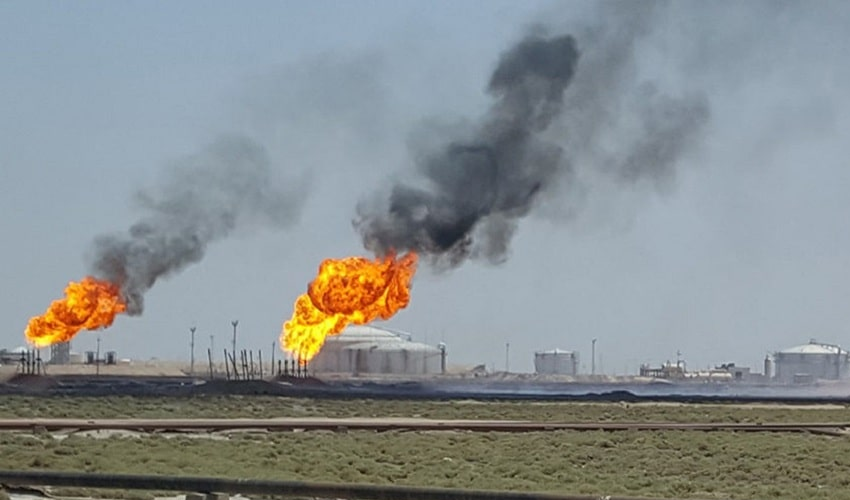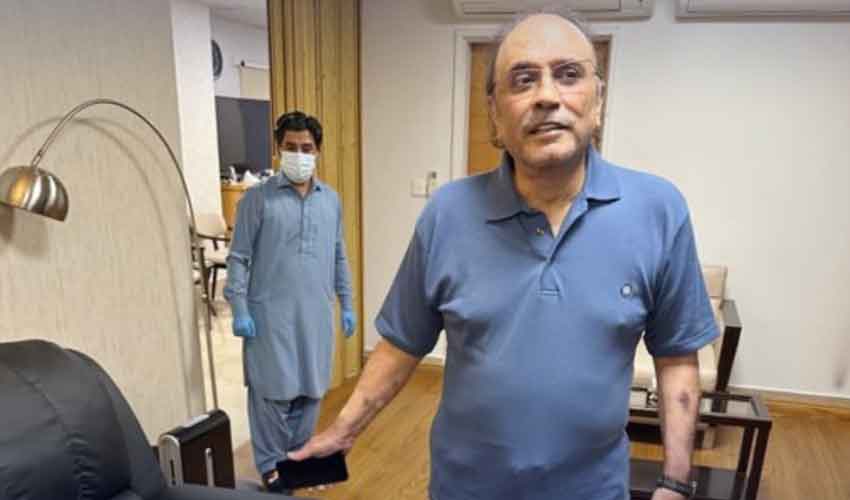Policy-level talks between Pakistan and the International Monetary Fund (IMF) are currently underway, focusing on crucial economic reforms, particularly in the gas sector.
Sources reveal that the discussions include a comprehensive review of tariff adjustments, measures to reduce revolving debt, and broader energy sector reforms. A significant increase in gas tariffs is likely to be implemented from August, impacting various sectors, including domestic consumers, fertilizer production, CNG stations, and the cement industry.
The proposed plan, which has been shared with the IMF, suggests a substantial hike in gas bills ranging from Rs100 to Rs400 for both protected and non-protected customers. However, the plan exempts commercial roti tandoors from any rate increases, recognizing their essential role in providing affordable food.
Also Read: Pakistan, IMF agree to increase budget for BISP
To address the persistent issue of circular debt in the gas sector, three different strategies have been presented to the IMF. These proposals include specific increases in gas rates for fertilizer factories.
Sources from the Finance Ministry confirmed that the IMF mission has been thoroughly briefed on the proposed schemes designed to mitigate the gas sector's circular debt. Additionally, there is an agreement on the timely sharing of data related to gas recovery, reforms, and tariffs with the IMF to ensure transparency and alignment with the agreed-upon economic targets.
Also Read: Pakistan, IMF begin talks on economic reforms, new loan program
In the ongoing negotiations between Pakistan and the International Monetary Fund (IMF), a significant agreement has been reached to increase the budget for the Benazir Income Support Programme (BISP). The budget for the next financial year is set to rise from the current Rs470 billion to Rs530 billion.
Alongside this increase, there are also proposals to expand the number of beneficiaries and the stipends they receive.
The IMF has underscored the need for greater expansion of social protection programs to eradicate poverty. This includes using data from individuals registered in BISP to implement targeted subsidies more effectively. The government has assured the IMF that provinces will be encouraged to share the burden of social security.



























